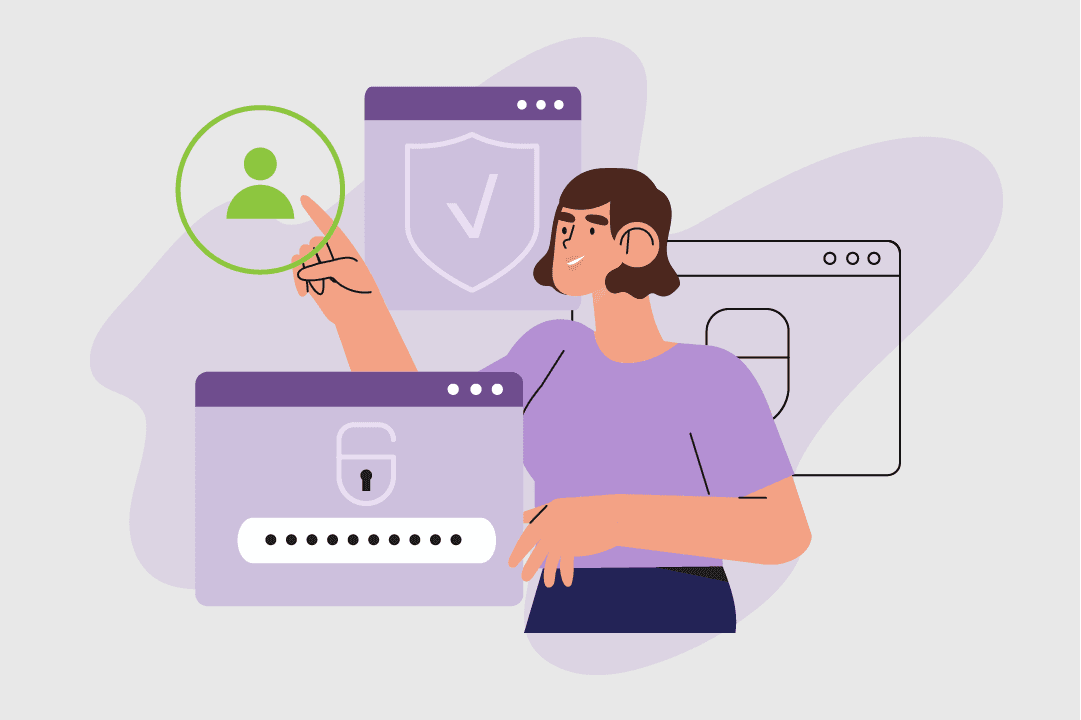Cyber security analyst job description
Where we source our data
Let's get real. Job information online can often be overly optimistic — conveniently glossing over the raw bits. But when you're making decisions about your future, you need all the facts.
That's why we anonymously surveyed cyber security analysts about their job, with hopes of getting an honest insight into what it's really like.
While we did our best to ensure respondents were Australians and verified their job titles with proof of employment, we can't guarantee complete accuracy — or that your experiences in the field will reflect theirs. So, we suggest that you take these insights as a guide only and try to talk to people in the field before making an important decision.
Tasks and responsibilities for a cyber security analyst
- Monitor and detect security threats
- Conduct security protocols
- Conduct risk audits assessments
- Investigate security incidents
- Provide security awareness training
- Ensure compliance with regulations
- Develop incident response plans and security measures
- Install firewalls to protect sensitive information
- Conduct ethical hacking
How to become a cyber security analyst
-
Study
Most employers prefer candidates with a bachelor’s degree in cyber security, computer science, or information technology. It’s recommended to complete a relevant degree to increase your chances of landing a cyber security job.
-
Complete an industry-specific certification
Consider completing industry-specific certifications such as CompTIA Security+, Certified Ethical Hacker (CEH), Certified Information Systems Security Professional (CISSP), or Cisco Certified Network Associate (CCNA). These certifications help to improve your fundamental knowledge and skill set and make you more attractive to potential employers.
-
Gain industry experience
Employers value practical experience in managing different types of cyber attacks, so it’s essential to gain industry experience. Previous work experience in information technology departments working with a variety of systems, databases, and computer networks is usually desired.
-
Join a cyber security industry body
Joining an industry body such as the Australian Computer Society (ACS), Australian Information Security Association (AISA), or Information Technology Professionals Associate (ITPA) can help you stay up to date with the latest strategies and network with like-minded professionals.
Pathway options
Junior
-
Cyber security technician
Most common qualification: Certificate IV in Cyber Security or Certificate IV in Information Technology
Mid
-
Cyber security analyst
Most common qualification: Diploma of Information Technology
-
Network security analyst
Most common qualification: Diploma of Information Technology
Senior
-
Cyber security engineer
Most common qualifications: Bachelor of Computer Science or Bachelor of Information Technology
-
Cyber security architect
Most common qualifications: Bachelor of Computer Science or Bachelor of Information Technology
-
Chief information security officer
Most common qualifications: Bachelor of Computer Science or Bachelor of Information Technology
Explore related qualifications
Certificate IV in Information Technology
The Certificate IV in Information Technology provides a solid foundation in the fundamental areas of technology. This includes programming, cyber security, website development, and other in-demand areas of tech. Learn programming languages such as Java, Python, and C++ to write code and develop applications, as well as essential knowledge in computer networking, cyber security, and data management.
0 providers offer this course
Diploma of Information Technology
The Diploma of Information Technology provides students with a broad understanding of fundamental areas of IT, such as programming, software development, database management, computer networking, and web development. It covers web development using HTML, CSS, JavaScript, and responsive design, as well as practical experience in project management, data analytics, and cloud computing.
0 providers offer this course
Graduate Certificate in Cyber Security
The Graduate Certificate in Cyber Security is designed to give students the necessary skills and knowledge to identify and mitigate cyber threats. It covers topics such as cyber security fundamentals, threat analysis, risk management, and compliance with regulations. Students will learn how to use tools and techniques to secure computer systems, networks, and sensitive data.




















